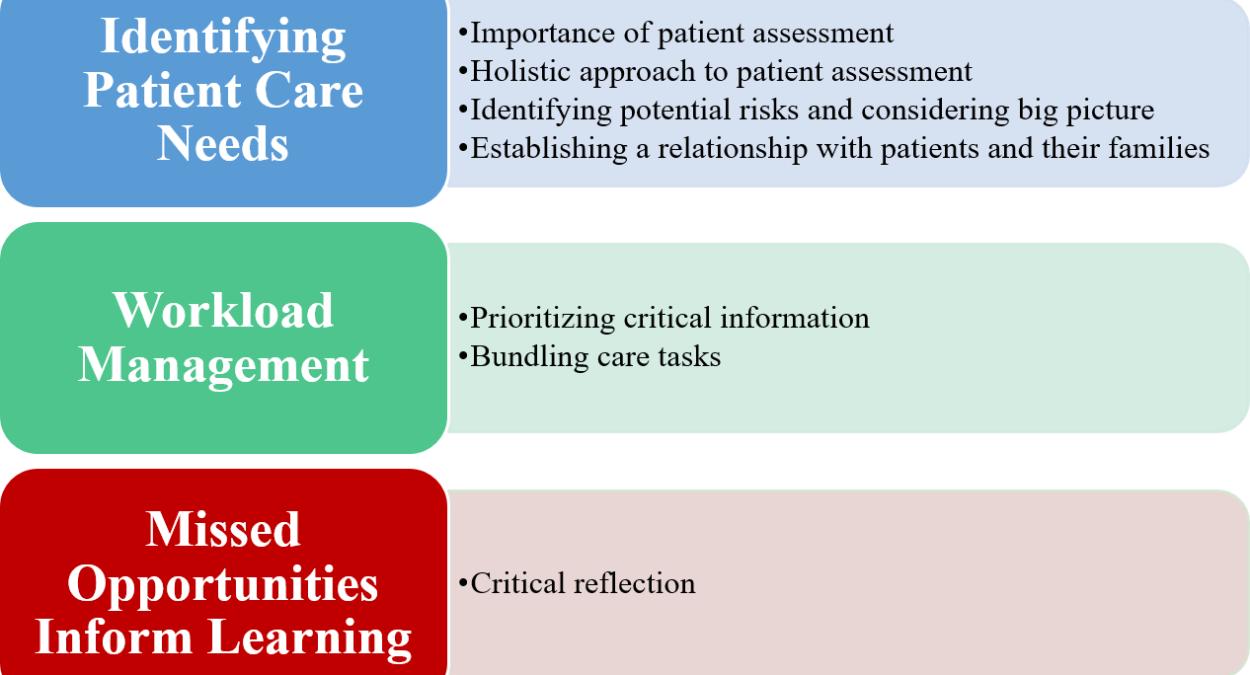Hormones in the Human Body: A Comprehensive Overview
What Are Hormones in Biology?
Hormones are signaling molecules produced by glands in the endocrine system. They play a crucial role in regulating various physiological processes, ensuring the body’s internal balance, or homeostasis.
Types of Hormones:
1. Peptide Hormones:
– Examples: Insulin, Growth Hormone, Oxytocin
– Function: Regulate metabolism, growth, and social bonding.
2. Steroid Hormones:
– Examples: Cortisol, Estrogen, Testosterone
– Function: Influence metabolism, reproductive processes, and stress response.
3. Amino Acid-Derived Hormones:
– Examples: Thyroid Hormones (T3 and T4), Epinephrine
– Function: Regulate metabolism, energy production, and the stress response.
List of Hormones in the Human Body:
1. Insulin:
– Function: Regulates blood sugar levels by facilitating glucose uptake.
2. Glucagon:
– Function: Raises blood sugar levels by promoting glycogen breakdown.
3. Cortisol:
– Function: Regulates metabolism, reduces inflammation, and responds to stress.
4. Adrenaline (Epinephrine):
– Function: Initiates the “fight or flight” response, increasing heart rate.
5. Thyroid Hormones (T3 and T4):
– Function: Regulate metabolism, energy production, and tissue development.
6. Estrogen:
– Function: Supports female reproductive health, regulates menstrual cycle.
7. Progesterone:
– Function: Prepares the uterus for pregnancy, supports pregnancy.
8. Testosterone:
– Function: Promotes male secondary sexual characteristics, supports reproductive health.
9. Growth Hormone (GH):
– Function: Stimulates growth, cell reproduction, and regeneration.
10. Melatonin:
– Function: Regulates sleep-wake cycle, has antioxidant properties.
11. Oxytocin:
– Function: Facilitates social bonding, stimulates uterine contractions, promotes breastfeeding.
12. Vasopressin (ADH):
– Function: Regulates water balance, influences water reabsorption in kidneys.
13. Parathyroid Hormone (PTH):
– Function: Regulates calcium and phosphate levels in the blood.
14. Calcitonin:
– Function: Regulates calcium levels by promoting calcium deposition in bones.
15. Leptin:
– Function: Regulates appetite and energy balance by signaling fat stores.
Hormones Function:
– Regulation of Metabolism: Insulin, Thyroid Hormones, Leptin.
– Stress Response: Cortisol, Adrenaline (Epinephrine).
– Reproductive Health: Estrogen, Testosterone, Progesterone.
– Growth and Development: Growth Hormone, Thyroid Hormones.
– Social Bonding and Well-being: Oxytocin, Melatonin.
What Are Hormones Made Of?
Hormones can be peptides, steroids, or amino acid-derived. Peptide hormones are made up of amino acids, steroid hormones are derived from cholesterol, and amino acid-derived hormones are derived from amino acids.
List of Hormones and Their Functions:
1. Insulin:
– Function: Regulates blood sugar levels by facilitating glucose uptake.
2. Glucagon:
– Function: Raises blood sugar levels by promoting glycogen breakdown.
3. Cortisol:
– Function: Regulates metabolism, reduces inflammation, and responds to stress.
4. Adrenaline (Epinephrine):
– Function: Initiates the “fight or flight” response, increasing heart rate.
5. Thyroid Hormones (T3 and T4):
– Function: Regulate metabolism, energy production, and tissue development.
6. Estrogen:
– Function: Supports female reproductive health, regulates menstrual cycle.
7. Progesterone:
– Function: Prepares the uterus for pregnancy, supports pregnancy.
8. Testosterone:
– Function: Promotes male secondary sexual characteristics, supports reproductive health.
9. Growth Hormone (GH):
– Function: Stimulates growth, cell reproduction, and regeneration.
10. Melatonin:
– Function: Regulates sleep-wake cycle, has antioxidant properties.
11. Oxytocin:
– Function: Facilitates social bonding, stimulates uterine contractions, promotes breastfeeding.
12. Vasopressin (ADH):
– Function: Regulates water balance, influences water reabsorption in kidneys.
13. Parathyroid Hormone (PTH):
– Function: Regulates calcium and phosphate levels in the blood.
14. Calcitonin:
– Function: Regulates calcium levels by promoting calcium deposition in bones.
15. Leptin:
– Function: Regulates appetite and energy balance by signaling fat stores.
Understanding the intricate interplay of these hormones is crucial for comprehending the body’s complex regulatory mechanisms and maintaining overall health and well-being.
https://www.news-medical.net/health/What-are-Hormones.aspx
https://optimalhealth.in/definition-of-love-hormone/
https://optimalhealth.in/demystifying-hormones-a-comprehensive-guide-in-hindi/
A To Z Disease Conditions And Their Primary Signs And Symptoms





